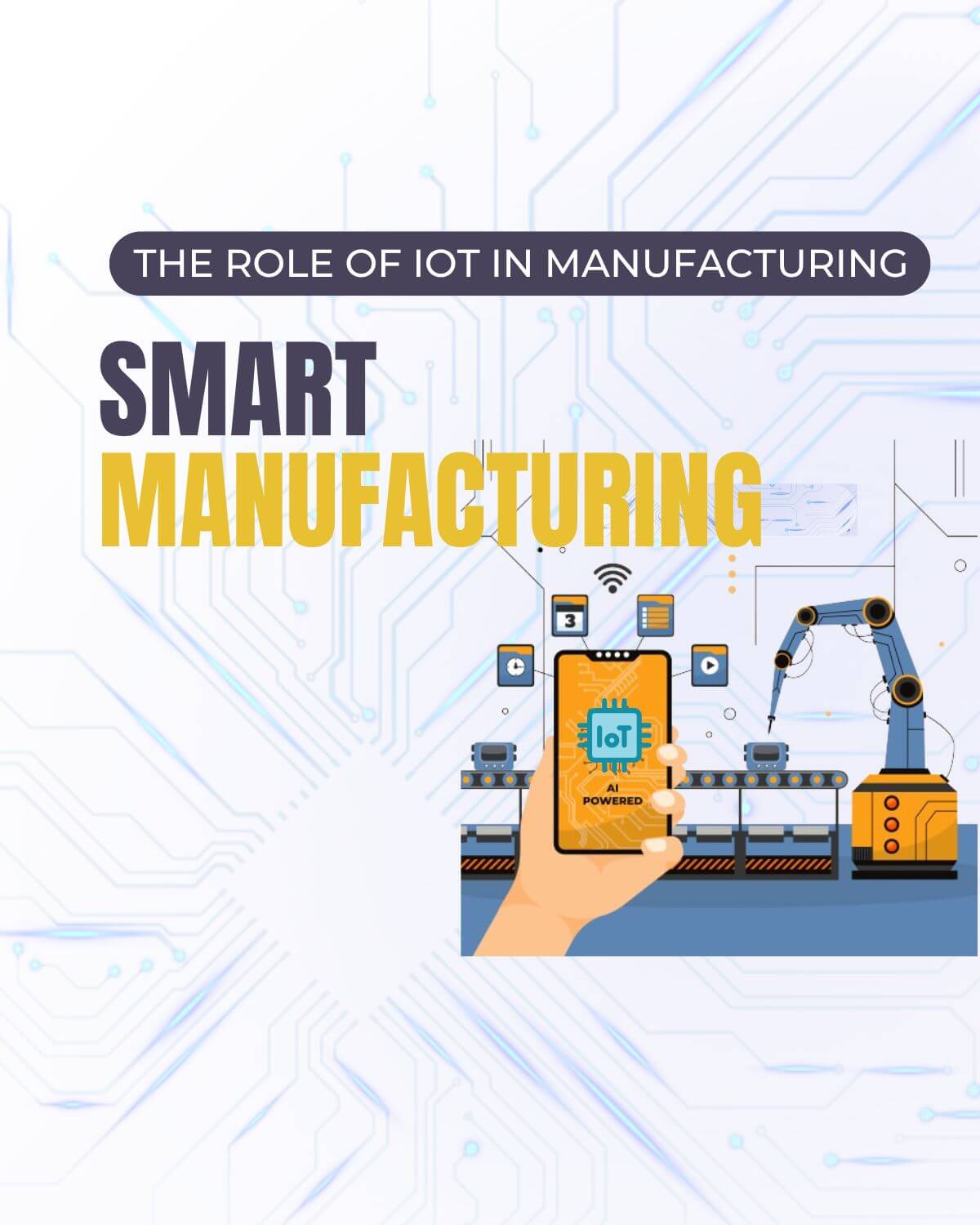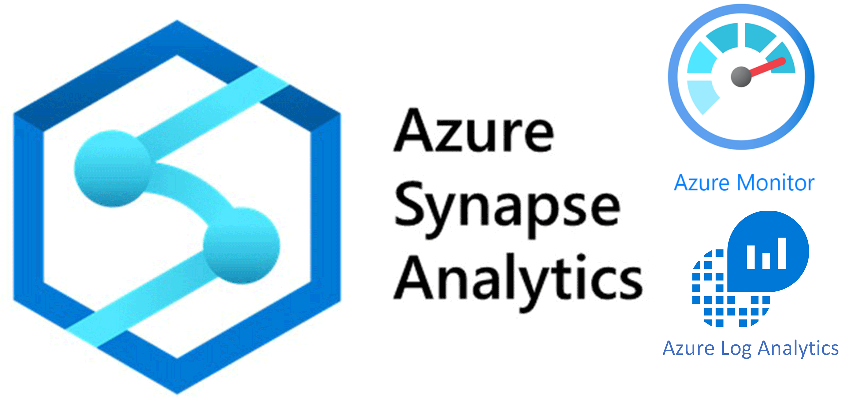The manufacturing industry is undergoing a digital transformation with the advent of Industrial Internet of Things (IIoT). By leveraging the power of IIoT, manufacturers can connect their machines, collect data, and gain valuable insights to optimize operations, improve productivity, and reduce costs. In this blog post, we will explore the top five industrial IoT implementations in manufacturing that are revolutionizing the way products are made and enabling businesses to stay competitive in today’s digital age. So, let’s dive in! Azure IoT implementation .
Azure developers can help Enterprises leverage Azure Web Apps and build enterprise-ready apps quickly, accelerating time-to-market. Azure Web Apps Service offer numerous benefits.
Of all the technologies, IoT happens to have made a dramatic impact in the digital world. IoT app development is a whole different ballgame as compared to traditional application development. We build cloud based, high speed IoT solutions that leverage the tremendous power of our client’s data.
Predictive Maintenance:
One of the most impactful applications of IIoT in manufacturing is predictive maintenance. By equipping machines and equipment with sensors, manufacturers can monitor their performance in real-time. Advanced analytics and machine learning algorithms analyze the sensor data to detect anomalies, predict failures, and schedule maintenance proactively. This approach minimizes unexpected downtime, reduces maintenance costs, and optimizes the lifespan of machinery.
Quality Control and Defect Detection::
IIoT enables manufacturers to implement robust quality control processes through real-time monitoring and defect detection. Sensors embedded in production lines capture data such as temperature, pressure, and vibration. This data is analyzed to identify any deviations from predefined quality parameters. Automated alerts notify operators of potential defects, allowing for immediate action. By ensuring consistent product quality, manufacturers can enhance customer satisfaction and minimize waste.
Inventory and Supply Chain Optimization:
IIoT offers manufacturers real-time visibility into their inventory and supply chain processes. By connecting sensors to warehouses, storage areas, and transportation vehicles, manufacturers can track inventory levels, monitor stock movements, and optimize supply chain operations. Accurate demand forecasting, automated replenishment systems, and streamlined logistics lead to reduced costs, improved efficiency, and enhanced customer service.
Energy Management and Sustainability:
Manufacturers are increasingly focused on sustainable practices and energy efficiency. IIoT enables real-time monitoring and control of energy consumption across production facilities. By deploying sensors to measure energy usage and implementing intelligent algorithms, manufacturers can identify energy-saving opportunities, optimize equipment performance, and reduce carbon footprint. Energy management systems provide insights into energy patterns, allowing for informed decision-making and the implementation of sustainability initiatives.
Remote Monitoring and Asset Tracking:
IIoT facilitates remote monitoring and asset tracking, providing manufacturers with centralized visibility and control over dispersed operations. Sensors and connected devices monitor equipment performance, location, and operational parameters in real-time. Remote access to this data allows manufacturers to identify inefficiencies, troubleshoot issues remotely, and track assets throughout the supply chain. This implementation enhances operational agility, reduces travel costs, and improves overall equipment effectiveness (OEE).
Asset Tracking and Management:
IIoT enables manufacturers to track and manage their assets efficiently. By attaching sensors to machinery, tools, and other valuable assets, businesses gain real-time visibility into their location, usage, and performance. This implementation enables manufacturers to optimize asset utilization, reduce theft or loss, and streamline inventory management. The ability to track assets throughout the production process ensures better resource allocation and timely maintenance, leading to improved productivity and cost savings.
Supply Chain Visibility and Optimization:
The implementation of IIoT in the manufacturing industry also extends to supply chain management. By deploying IoT-enabled sensors and devices, manufacturers can gain real-time visibility into the movement and status of goods throughout the supply chain. This visibility helps identify bottlenecks, streamline logistics, and optimize inventory levels. By leveraging IIoT for supply chain visibility and optimization, manufacturers can improve order fulfillment, reduce lead times, and enhance customer satisfaction.
Case Studies of Successful Industrial IoT Implementation
There are many examples of successful IIoT implementation across industries. In manufacturing, GE used IIoT to optimize its production processes, reducing downtime by 10% and increasing production by 20%. In logistics, DHL used IIoT to optimize its supply chain management, reducing delivery times by 20% and improving customer satisfaction. In healthcare, Philips used IIoT to monitor patients, reducing hospital readmissions by 60%. In energy, Enel used IIoT to optimize its power grids, reducing energy consumption by 30%. Read more on Azure IoT Consulting Implementation .
The Role of a Top Consultant in Industrial IoT Implementation
There are many examples of successful IIoT implementation across industries. In manufacturing, GE used IIoT to optimize its production processes, reducing downtime by 10% and increasing production by 20%. In logistics, DHL used IIoT to optimize its supply chain management, reducing delivery times by 20% and improving customer satisfaction. In healthcare, Philips used IIoT to monitor patients, reducing hospital readmissions by 60%. In energy, Enel used IIoT to optimize its power grids, reducing energy consumption by 30%.
Azure IoT Development
Azure IoT Hub
establishes simple, secure and bidirectional communication between IoT devices and the cloud, it provide many features from connectivity, device mamagement, scalability for IoT Large scale implementation.
The Azure IoT device SDKs include a set of device client libraries, samples, and documentation. The device SDKs simplify the process of programmatically connecting devices to Azure IoT for all the operational activites that we can do with Azure IoT hub. The SDKs are available in various programming languages.
Azure IoT Hub
natively supports communication over the MQTT, AMQP, and HTTPS protocols. In some cases, devices or field gateways might not be able to use one of these standard protocols and require protocol adaptation. In such cases, you can use a custom gateway.
Gain insights that help you drive better products, optimise operations and costs and create breakthrough customer experiences. Apply your domain expertise on top of Azure Digital Twins to build connected solutions.
Azure IoT Edge
is a fully managed service built on Azure IoT Hub. Deploy your cloud workloads—artificial intelligence, Azure and third-party services or your own business logic—to run on Internet of Things (IoT) edge devices via standard containers. By moving certain workloads to the edge of the network, your devices spend less time communicating with the cloud, react more quickly to local changes and operate reliably even in extended offline periods.
Conclusion
The implementation of IIoT in manufacturing has opened up new avenues for increased efficiency, productivity, and cost savings. Predictive maintenance, quality control, inventory optimization, energy management, and remote monitoring are just a few examples of how IIoT is transforming the manufacturing landscape. By embracing these implementations, manufacturers can unlock the potential of IIoT to gain a competitive edge, drive innovation, and meet the evolving demands of the digital era.
To harness the power of IIoT and stay ahead in the rapidly changing manufacturing landscape, partnering with experienced technology providers is essential. With their expertise in IIoT deployments, these providers can help manufacturers design and implement customized solutions tailored to their unique requirements, driving tangible business outcomes.



